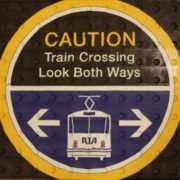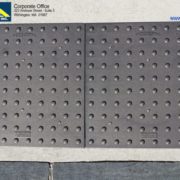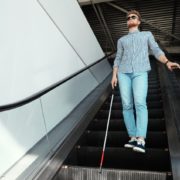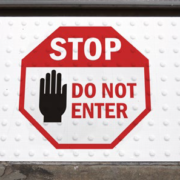Liability Cost of ADA Noncompliance
As a business owner, there are tons of things that you have to worry about, such as managing a budget and marketing your brand. One business factor that often falls through the cracks is ADA compliance.
The Americans with Disabilities Act (ADA) exists to protect people with disabilities in both public and private places. Someone with a disability should be able to navigate in and around your business as safely as someone who isn’t disabled. As a business owner, you need to be aware of what responsibilities you have under the law to ensure that your business is accessible and compliant.
To avoid ADA noncompliance, your business may need to make architectural changes such as installing round doorknobs, widening narrow parking spaces, and lowering high counters.
Who/What Does ADA Cover?
All sorts of confusion abound when it comes to understanding the requirements set forth by the ADA. The act specifically requires that new constructions must be compliant to ensure that buildings and facilities are accessible by people with disabilities. These requirements apply even if your building existed before the ADA was enacted in 1990.
There is a common misunderstanding that buildings have been grandfathered in and, therefore, don’t have to comply with ADA. There’s also a misconception that private businesses don’t have to be ADA compliant either.
The fact is that if your business or property isn’t ADA compliant, you can be sued. Property owners are 100% responsible for preventing injury for everyone who enters the premises.
ADA requires that a variety of business types be compliant, including:
- Retail outlets
- Grocery stores
- Public facilities
- Housing units
- Banks
- Hospitals
By following ADA requirements, you can make your spaces safer and more accessible for those that have mobility issues.
Is Compliance Necessary?
Not all entities and businesses have to be ADA compliant. When looking at businesses, the ADA requires that businesses with 15 or more employees have to be compliant. This includes state and local government, as well as the federal sector. ADA also applies to labor organizations and employment agencies.
ADA fines for noncompliance are expensive, to say the least. An initial ADA violation can cost an entity up to $75,000, and up to $150,000 for subsequent violations. This can be a huge hit for state and local governments and other local entities that don’t have expansive budgets.
Businesses that employ disabled persons must also be ADA compliant. Employers must make reasonable accommodations to enable the disabled employee to enjoy all equal employment opportunities. Accommodations can vary, but often include things such as:
- Sign language interpreters
- Schedule changes for medical appointments
- Custom desks
Even if your business isn’t currently ADA compliant, it never hurts to make small changes to better position your business to be accessible and inclusive.
Improve Accessibility with ADA Solutions
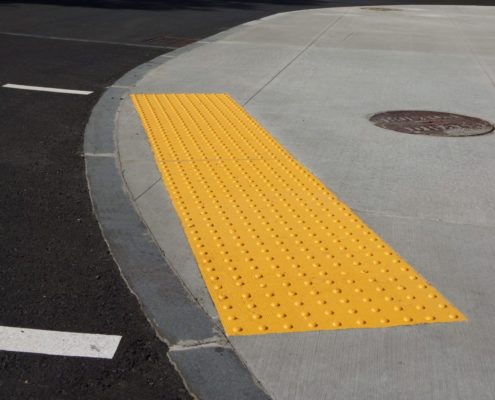
Make a change to ensure your business isn’t ADA noncompliant with the help of ADA Solutions. We specialize in detectable ADA warning surfaces that enhance public access and mobility for those with visual impairments.
Detectable warning tiles were originally developed to help the visually impaired to safely navigate streets and public venues. Now, every municipality must comply and have these warning systems in place.
To learn more about our product, call our team of detectable warning experts at (800) 372-0519. We offer free quotes and look forward to making your business more safe and accessible.



